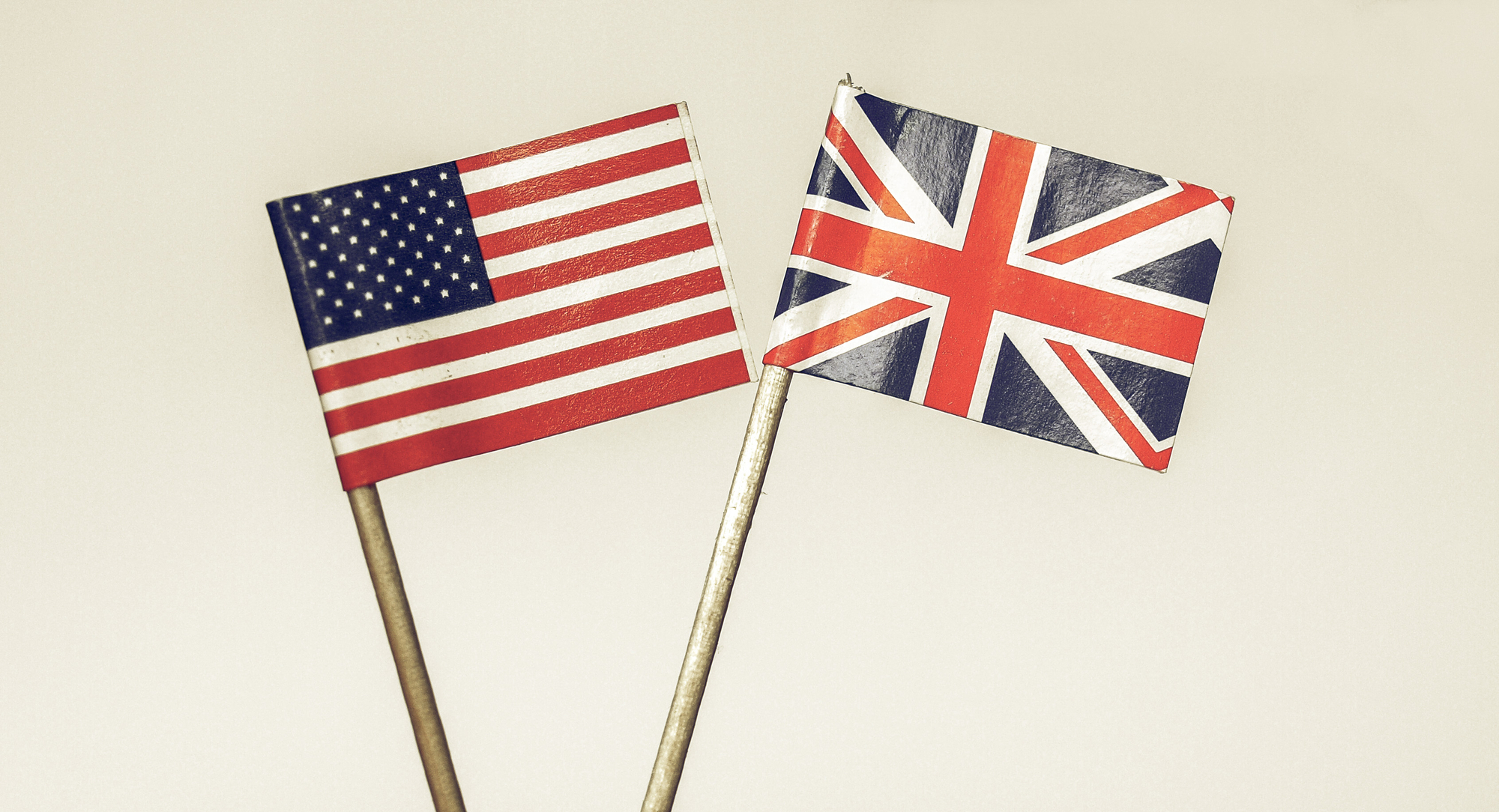

An agreement between the United States and United Kingdom to improve cross-border law enforcement data sharing will go into effect later this year, the two nations announced in a joint statement published Thursday.
Called the Data Access Agreement, it will allow investigators from each country to “gain better access to vital data to combat serious crime,” according to the Department of Justice, as they will now be able to directly request data like messages and pictures, for example, from telecommunications providers in the other’s jurisdiction.
The US agency said that this is a first-of-its-kind agreement that could help with time-sensitive investigations, including those related to terrorism and child abuse. These requests will be “compliant with the relevant existing domestic obligations a public authority is bound by.”
[Related: Everything you need to know about the battle between US tech and EU laws]
The agreement was created in 2019 to address the challenge of trying to follow a digital trail that goes beyond physical country borders. For example, as the UK’s Home Office explains in an accompanying fact sheet, many social media platforms and messaging services are based in the US, which prohibits these companies from responding directly to requests from foreign governments. Instead, there has traditionally been a “government-to-government” process that had to be initiated, which the UK describes as “very slow, often taking many months to complete.” As of October 3, 2022, when the bilateral agreement is officially brought “into force,” the law enforcement officials from the countries will be able to directly request data needed for criminal investigations from tech companies.
In the joint statement, the US and UK stressed that the agreement “will maintain the strong oversight and protections that our citizens enjoy and does not compromise or erode the human rights and freedoms that our nations cherish and share.” However, Engadget says the non-profit digital rights group Electronic Frontier Foundation has previously criticized the foundational idea of data sharing with cross-border law enforcement as “a dangerous expansion of police snooping.” EFF also warned in a 2018 post that such an agreement could put tech companies in a tough spot, as they get “caught in the middle” of differing the data laws from other countries.
